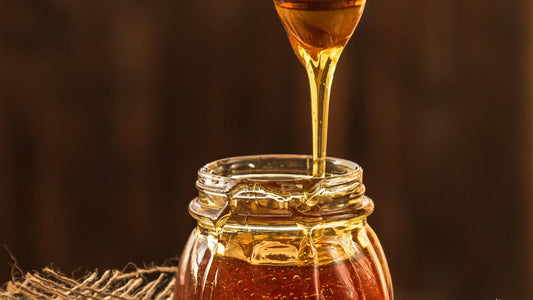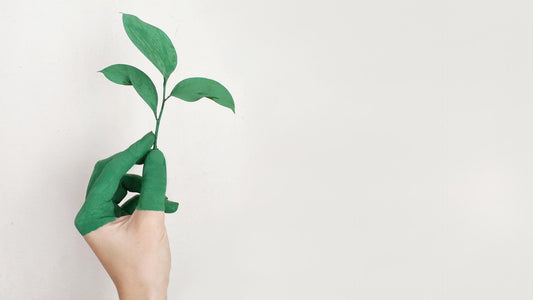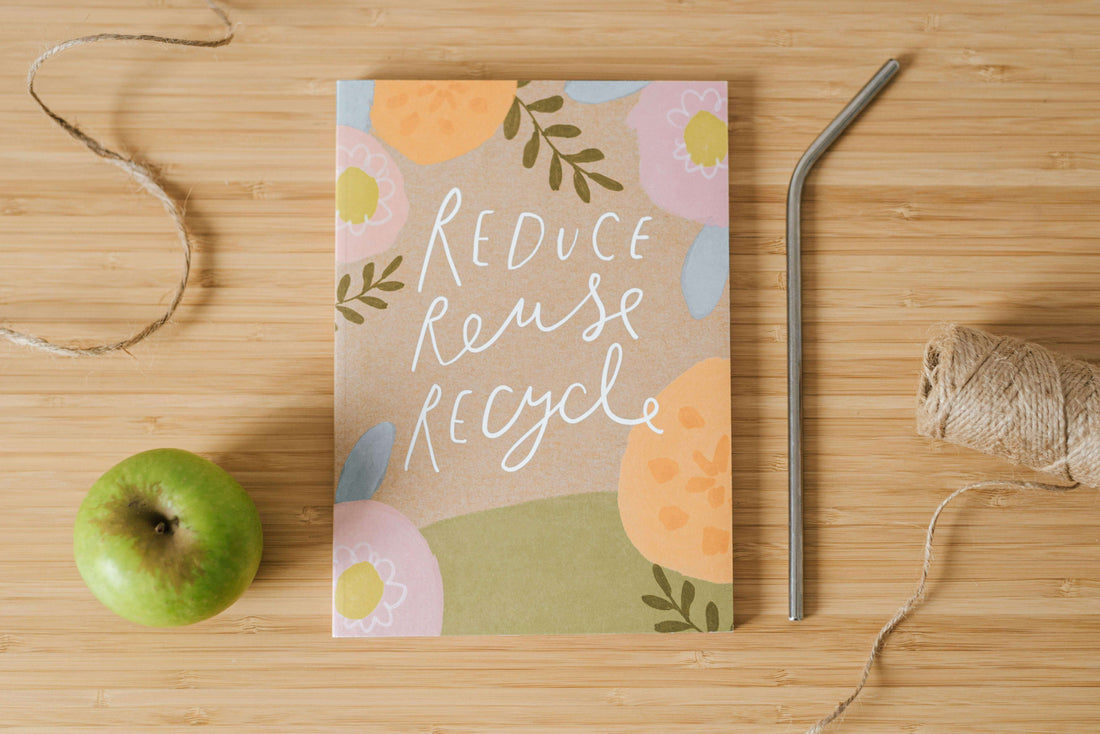
How Zero Waste Day is Changing the World: A Closer Look at Its Impact
Share
Hey everyone! Did you know that the world is gearing up for the second International Day of Zero Waste? It's a crucial reminder that just because we can't see waste doesn't mean it's not there.
Whether it's lurking in landfills, floating in our oceans, or being mistaken for food by unsuspecting wildlife, waste affects us all. Imagine if our daily waste piled up at home instead of being collected—pretty gross, right?
Let's use this day to raise awareness and take action. Together, we can make a difference and strive for a cleaner, greener future! Zero Waste Day is not just another date on the calendar—it's a reminder to cut down on waste and make the most of the 5Rs: Refuse, Reduce, Reuse, Recycle, and Rot.
By adopting a zero-waste lifestyle, we're not just reducing our carbon footprint; we're also tackling pollution and working towards a healthier planet for everyone. It's all about preserving our environment and creating a brighter future.
So, let's seize the opportunity! Join the movement and let's make Zero Waste Day every day. Together, we can make a real difference for our planet!
The Beginning of International Zero Waste Day
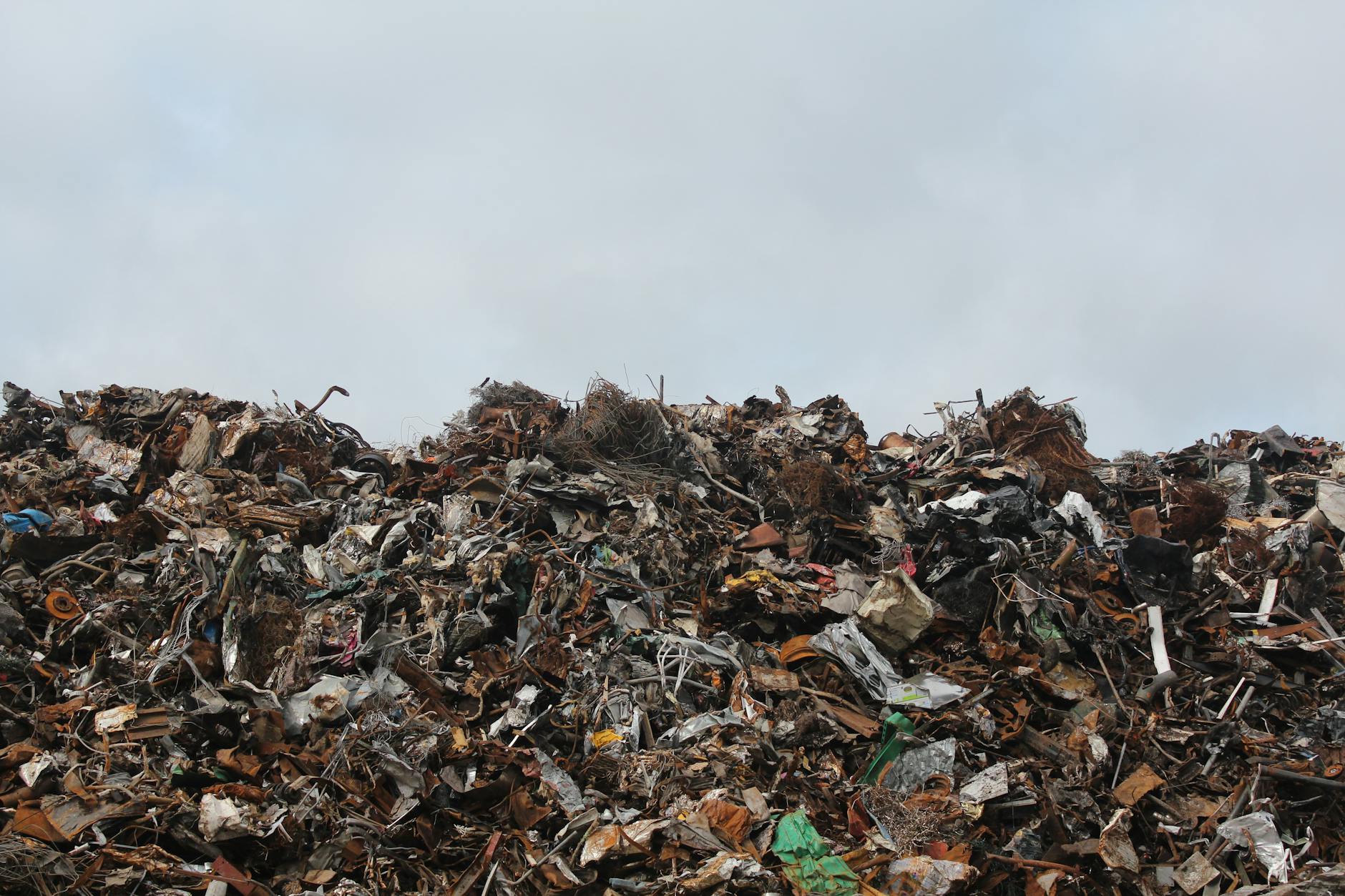
On March 30th, we celebrate International Zero Waste Day. A date that marks a global effort to tackle waste and embrace sustainability. Turkey proposed this resolution, gaining support from 105 other nations, and the UN General Assembly adopted it in December 2022.
This day isn't just about symbolic gestures—it's about taking real action to prevent, reduce, reuse, repurpose, and recycle waste. Managed by the United Nations Environment Programme (UNEP) and UN Human Settlements Programme (UN-Habitat), Zero Waste Day encourages everyone, from individuals to businesses, to step up their efforts for a greener future, both at local and national levels.
Why Zero-Waste Day is Important?
Well, cutting down on waste isn't just about tidying up our surroundings—it's about safeguarding our environment and our health. Did you know that waste in landfills releases harmful toxins and contributes to air and water pollution? By minimizing waste and reusing resources, we can make a huge impact on our planet's health.
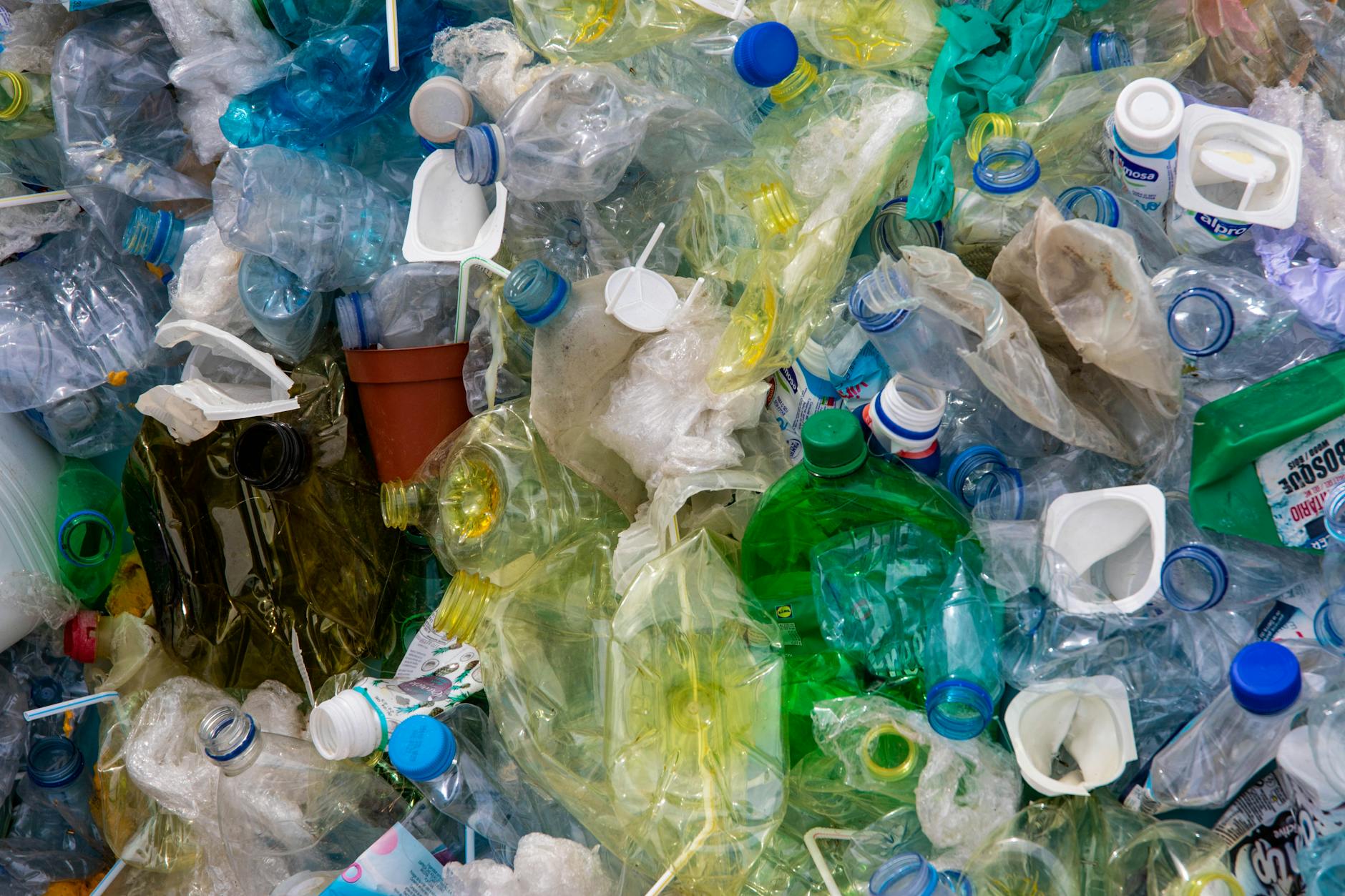
Zero Waste Day follows other resolutions on waste such as the “End plastic pollution: towards an internationally legally binding instrument”, adopted at the UN Environment Assembly on 2nd March 2022. It can help fast forward the goals and targets of the Sustainable Development Agenda. The two relevant goals Sustainable Development Goal 11 and Sustainable Development Goal 12 address all kinds of waste from food to electronic waste.
By minimizing all kinds of waste, reusing food refuse and optimising extraction of natural resources, we not only make a responsible choice but a choice that is a must for our planet. This way, we can reduce costs, save energy and build a healthier present and future.
Ways to Celebrate International Zero-Waste Day
Humans produce 430 million tons of plastic alone every year. Two-thirds of these products quickly become waste as they have a short lifespan. (Source: UNEP and UN-Habitat) But if we try just for one day to reduce that, together we may achieve something amazing, and start a big snowball that will motivate more people to adopt a low-waste lifestyle.
There are plenty of ways for individuals, communities, and businesses to get involved. From organizing clean-up events to reducing single-use plastics, every action counts.
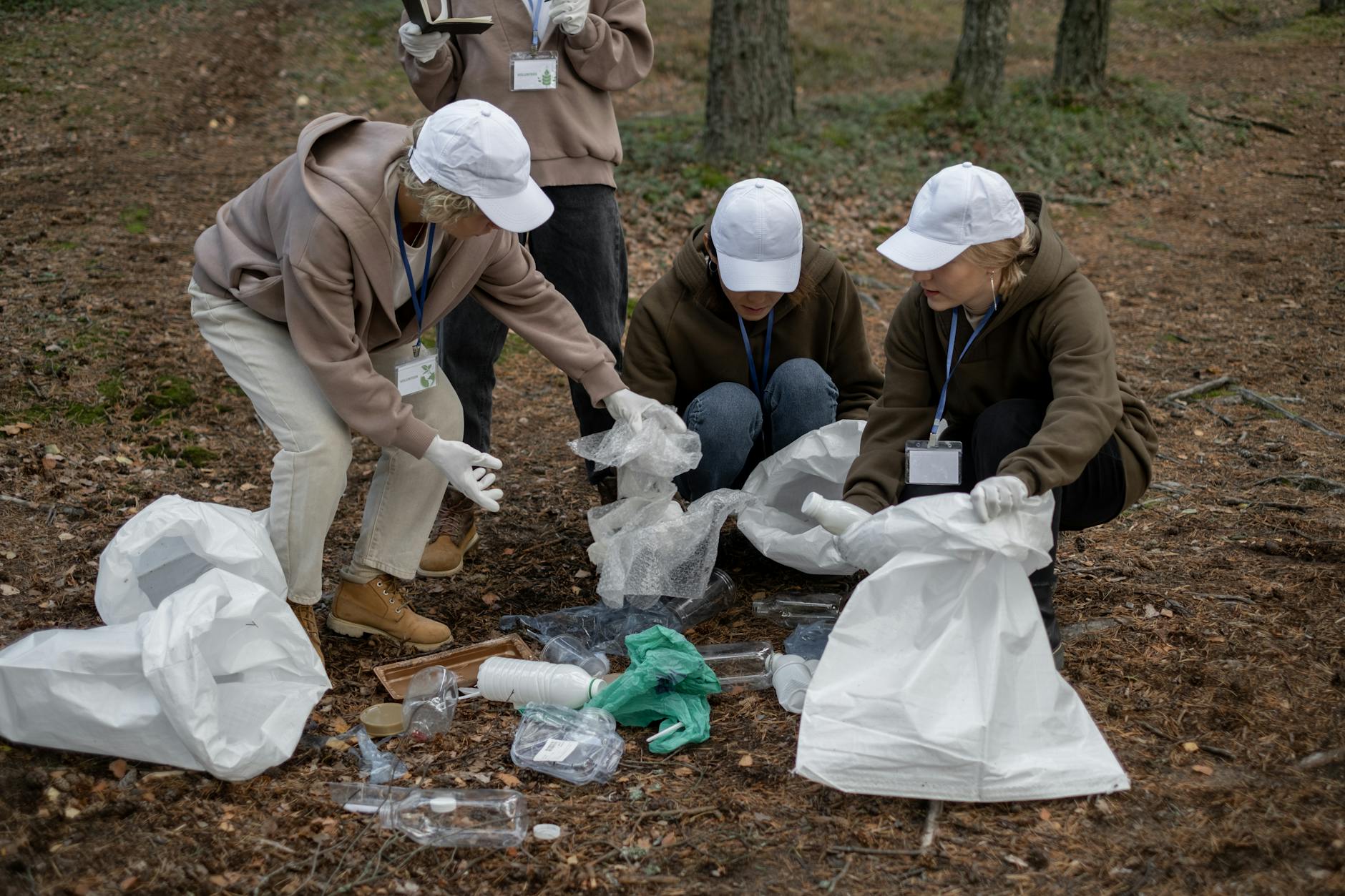
Communities
- Organize a community clean-up or participate in a local recycling drive.
- Host a clothing swap, it will be fun and will save lots of clothing from going to the landfills.
Individuals
- Consider reducing single-use products and switching to reusable bags, water bottles and containers.
- Buy in bulk to reduce packaging and save some money.
- Start composting your food scraps.
Businesses and Organizations
- Businesses can implement recycling programs and audit their whole supply chain to identify and eliminate sources of waste.
- Reduce single-use products on office premises.
- Source materials from ethical and eco-friendly suppliers.
- Initiate educational campaigns on zero waste for employees.
My Favourite Zero-Waste Success Stories
But it's not just about one day of action—Zero Waste Day is a reminder of the ongoing efforts needed to create lasting change. By sharing success stories from around the world and raising awareness about the importance of waste reduction, we can inspire others to join the movement.
St. Valentin, Austria. Pioneering plastic waste reduction.
In 2018, St. Valentin, Austria, took a big step towards sustainability by passing a resolution to cut down on single-use plastics. This initiative sparked a collaborative effort among St. Valentin and four neighbouring municipalities—Ennsdorf, Ernsthofen, St. Pantaleon-Erla, and Strengberg. Together, they embarked on a journey to implement shared zero waste strategies, coordinated through the "“westwinkel” association. As a result, single-use bags were phased out, and guidelines have been established to minimize plastic waste at events and festivals throughout the region.
Restaurant FREA, Berlin, Germany. Committed to Sustainability in Every Detail.
The Zero-waste restaurant FREA in Berlin is an amazing example of how the hospitality industry can adopt and promote sustainability. Regarded as one of the top vegan restaurants in the German capital, it also sets a standard for sustainability by generating no-waste. Leftovers that can't be utilized are fed into the restaurant's compost machine. The resulting compost is then returned to local farmers who supply the restaurant's vegetables, completing a full-circle, farm-to-fork-to-farm cycle—a true testament to a circular economy in action.
Moreover, FREA goes the extra mile by ensuring that all its furnishings are crafted from recycled or recyclable materials. Even the lampshades are made from a compostable fungus, that showcases the restaurant's commitment to sustainability in every detail.
Meet Kamikatsu, the Most Zero-Waste Committed Community in the World.
Kamikatsu is a small town on Shikoku Island in Japan, with nearly 1500 residents. It made history by becoming Japan’s first municipality to widely commit to a zero-waste lifestyle. Here, sustainability isn't just a buzzword—it's a way of life. Remarkably, even paper isn't spared from meticulous sorting; residents diligently separate it into nine distinct categories, underscoring their unwavering dedication to environmental stewardship.
Some Shocking Facts about Waste
Still hesitant about adopting a reduced or zero-waste lifestyle? Let these eye-opening facts spur you into action:
- Every year, households, small businesses, and public service providers churn out a staggering 2.1 to 2.3 billion tons of municipal solid waste—enough to circle the globe 24 times with trucks.
- Shockingly, 2.7 billion people worldwide lack access to solid waste collection services, exacerbating environmental challenges.
- Despite efforts, only 61-62% of municipal solid waste is managed in controlled facilities, highlighting the urgency for improved waste management practices.
- Projections suggest that municipal solid waste will skyrocket to a staggering 3.8 billion tons annually by 2050, unless significant changes are made.
- Developing countries in Asia and Africa bear the brunt of e-waste, with around 50 million tons being shipped there each year.
- The fashion industry contributes to the problem, churning out a staggering 92 million tonnes of textile waste annually.
- Water scarcity is a pressing issue, with only 0.5% of Earth's water being usable freshwater.
- Globally, one-third of food produced goes to waste, amounting to a mind-boggling 1.3 billion tons per year—a loss valued at around 1 trillion US dollars.
A Few Product Ideas that Will Help You Reduce Waste
"The most sustainable product is the one that you already have"
Of course, we don't want you to buy things that you don't need and we wouldn't dream of recommending products that contribute to the waste problem. But, we're excited to share some eco-friendly options that will help you on your journey to reducing waste. Here are a few recommendations to get you started:

Compost! This Bokashi bucket with ferment processes everything from citrus peels, onion peels and your leftover food! It turns your kitchen waste into usable plant fertilizers for your leafy friends.

How many old jeans do you have sitting around? It is time to put them to good use, making shoes for your child. This all-in gift box by Botties has everything you need to get started right away and give those denim fabrics a new life!

Ditch single-use plastic bags forever when grocery shopping. Switch to reusable cotton bags, like this Organic cotton shopping net that can handle up to 15 kg of load. It is made from organic cotton and will help you reduce plastic use and pollution.

One for the ladies!! The good old pads and tampons are expensive and contain plastic and other toxic substances that are not good for our health. The PapperlaCup menstrual cup, made from 100% medical-grade silicone, can significantly reduce the amount of plastic waste generated from traditional products. Read more about menstrual poverty here.
Some more good reads about zero-waste lifestyle
Before you head out, we wanted to share three captivating blog articles that delve into the world of zero-waste living—a topic near and dear to our hearts:
🍲 How to transform your Kitchen into a Zero Waste Haven?
🗑️ Reviving Ancient Wisdom: Embracing Zero-Waste Living In Modern Times
📈 Repairing Instead Of Replacing. Some New Trends To Look At
These articles are sure to inspire and empower you on your journey towards a greener, more sustainable future. Happy reading and happy Zero-Waste Day!

Hi, I am Jahnvi Vyas. I have a Master's in environmental science and my love for nature inspires me to be a more sustainable person. I am also an editor with a passion for graphics and video editing trying to learn new things.


